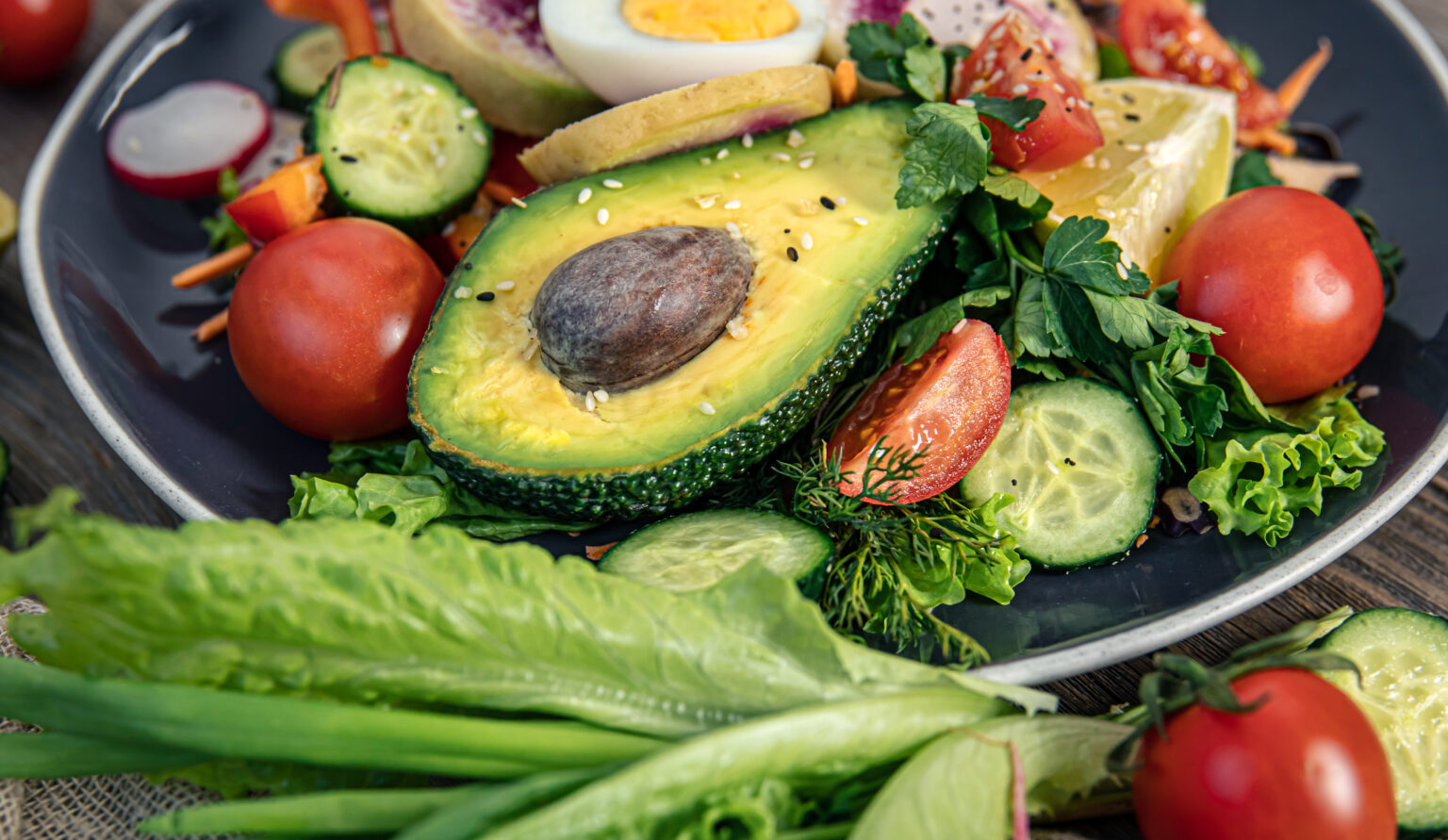A pesco-vegetarian diet, which includes both plant-based foods and seafood, can provide a wide range of nutrients, including essential fatty acids. Omega-3 and omega-6 fatty acids are crucial for maintaining optimal health, but it’s important to strike a balance between these two types of fats. In this article, we will explore the significance of omega-3 and omega-6 fatty acids, their dietary sources, and practical tips to ensure a well-balanced intake within a pesco-vegetarian diet.
Understanding Omega-3 and Omega-6 Fatty Acids
Omega-3 and omega-6 fatty acids are polyunsaturated fats that play vital roles in the body. They are considered essential because the human body cannot produce them on its own and must obtain them from dietary sources. While both types of fatty acids are necessary, they have distinct effects on the body and must be consumed in proper proportions.
Omega-3 fatty acids are renowned for their anti-inflammatory properties, which can help reduce the risk of chronic diseases such as heart disease, arthritis, and certain types of cancer. They are also essential for brain health, promoting cognitive function and reducing the risk of mental disorders. The three main types of omega-3 fatty acids are alpha-linolenic acid (ALA), eicosapentaenoic acid (EPA), and docosahexaenoic acid (DHA).
On the other hand, omega-6 fatty acids, when consumed in excess, can promote inflammation in the body. However, they are also important for various bodily functions, including cell growth, muscle development, and hormone production. Linoleic acid (LA) is the primary omega-6 fatty acid found in most plant oils and foods.
Finding the Balance
Achieving a balanced intake of omega-3 and omega-6 fatty acids is crucial to maintain overall health and prevent an imbalance that can lead to inflammation and related health issues. The standard Western diet often tends to be imbalanced, with an overabundance of omega-6 fatty acids due to the high consumption of processed foods and oils rich in omega-6s.
For pesco-vegetarians, incorporating seafood into their diet provides an excellent source of omega-3 fatty acids, particularly EPA and DHA. Fatty fish such as salmon, trout, mackerel, and sardines are rich sources of these beneficial fats. Including these fish in the diet regularly, ideally two to three servings per week, can help meet the omega-3 requirements.
Plant-based sources of omega-3 fatty acids for pesco-vegetarians include chia seeds, flaxseeds, hemp seeds, and walnuts. These sources contain ALA, which the body can convert into EPA and DHA, although the conversion efficiency is relatively low. Nonetheless, incorporating these foods into the diet can contribute to overall omega-3 intake.
To ensure a balanced intake of omega-6 fatty acids, pesco-vegetarians should be mindful of their cooking oils and food choices. While some omega-6 fats are necessary, it’s important to avoid excessive consumption. Opt for healthier oils with a favorable omega-6 to omega-3 ratio, such as olive oil, avocado oil, and canola oil. Minimize the use of oils high in omega-6, such as corn oil, soybean oil, and sunflower oil.
Tips for a Well-Balanced Pesco-Vegetarian Diet
Here are some practical tips to achieve a balanced omega-3 and omega-6 fatty acid intake within a pesco-vegetarian diet:
- Emphasize seafood: Include fatty fish like salmon, trout, mackerel, and sardines in your meals a few times per week to obtain EPA and DHA.
- Incorporate plant-based sources: Consume chia seeds, flaxseeds, hemp seeds, and walnuts regularly to boost your ALA intake and support the conversion to EPA and DHA.
- Choose healthy cooking oils: Opt for oils with a favourable omega-6 to omega-3 ratio, such as olive oil, avocado oil, and canola oil, while minimising the use of oils high in omega-6.
- Be mindful of processed foods: Processed foods, particularly those containing refined oils, often have high omega-6 content. Limit your consumption of these foods and focus on whole, unprocessed plant-based options.
- Consult a healthcare professional: If you have specific dietary concerns or are unsure about meeting your omega-3 and omega-6 needs, consult a registered dietitian or healthcare professional for personalized guidance.
By paying attention to the sources and proportions of omega-3 and omega-6 fatty acids in your pesco-vegetarian diet, you can achieve a balanced intake that supports overall health and well-being. Striking this balance will help ensure that you obtain the benefits of both types of essential fatty acids, promoting optimal health in the long run.








